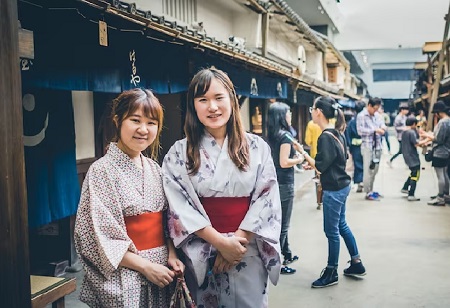Japan has attained outstanding results in the recent 2022 Program for International Student Assessment (PISA) survey conducted by the Organization for Economic Cooperation and Development (OECD). The significance lies not only in the improvement of test rankings but in the cultivation of academic competence aimed at enhancing children's "aptitude to live". PISA evaluates the mathematical literacy, reading proficiency, and scientific literacy of 15-year-old students, assessing their ability to apply knowledge and skills to real-life challenges. This latest test involved the participation of 690,000 children from 81 countries and regions.
In the two previous PISA surveys, Japan exhibited subpar performance in reading, securing the 15th position among the participating nations and regions in the 2018 test. However, there has been a noteworthy improvement in the latest results, with Japan now ranking third in reading. Additionally, Japan maintained its top-tier positions in both Mathematics and Science. The OECD highlighted that the shorter closure period of Japanese schools during the COVID-19 pandemic, compared to other countries, could have influenced the outcomes. The efforts of teachers and educators to maximize physical class duration seem to have yielded positive results.
The Japanese Ministry of Education attributed the impressive performance in the 2022 test to the increasing effectiveness of current curriculum-based lessons, wherein children develop their skills to identify and solve problems. Some of the children exhibited a lack of confidence in applying their mathematical abilities in real-life situations. The survey further revealed a trend in schools to offer limited lessons based on the expectation that children will apply their mathematical knowledge in their day-to-day lives on their own.

